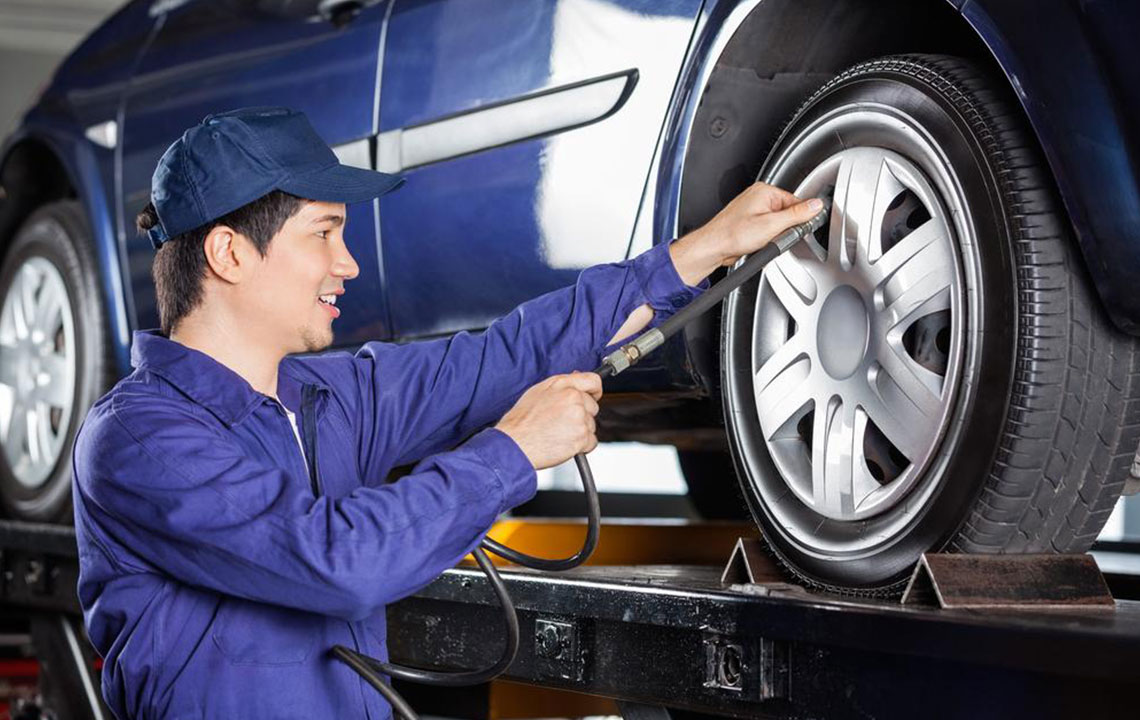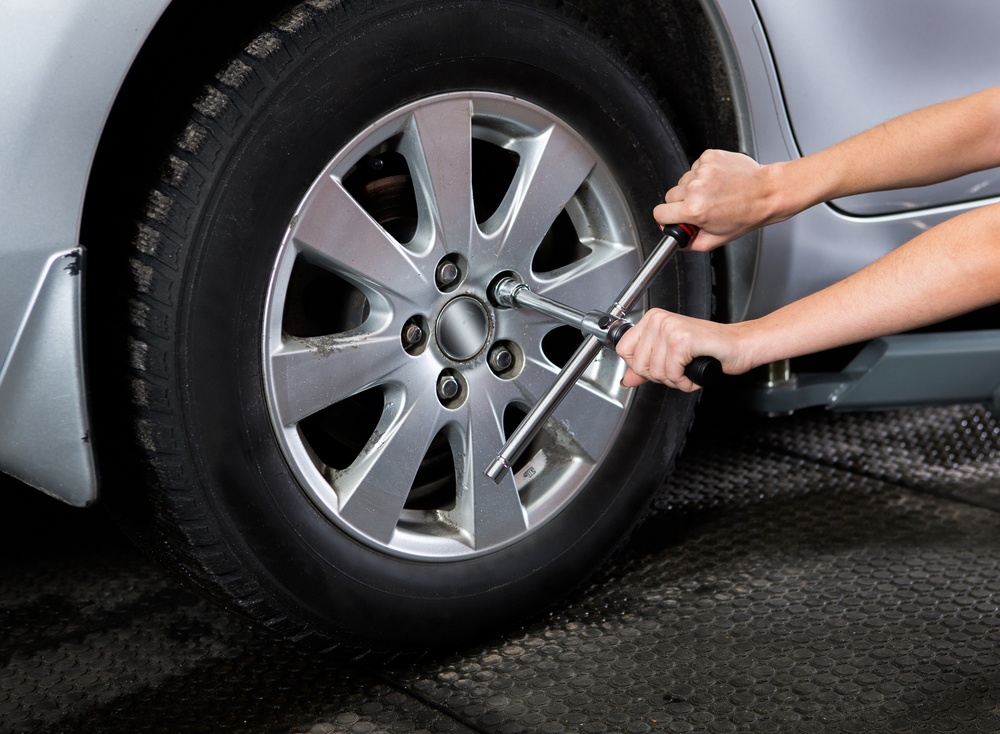Essential Tips for Maintaining Your Car's Tires for Optimal Performance
Maintaining your car’s tires is vital for safety, efficiency, and cost savings. Regular checks, proper inflation, and careful driving extend tire life and enhance vehicle performance. Follow simple tips like tire inspection, correct PSI maintenance, and avoiding overloading to keep tires in top condition. Proper tire care not only ensures safety but also improves fuel efficiency and reduces expenses over time. This guide highlights essential maintenance practices to keep your vehicle running smoothly and safely, emphasizing the importance of tire health for overall car performance.

The Importance of Proper Tire Care for Vehicle Efficiency
Routine tire maintenance—such as monitoring pressure, rotating tires, inspecting for wear, and aligning wheels—can significantly reduce unnecessary costs related to tire replacement and repairs.
Tire Durability: Ensuring tires are correctly inflated helps maximize their lifespan and prevents premature wear. Over- or under-inflated tires tend to degrade about 20% faster. Manufacturers recommend specific PSI levels, determined through extensive testing, considering vehicle weight, axle load, and balance, to extend tire longevity.
Since tires are the contact point with the road, maintaining their balance is essential for overall vehicle performance.
Fuel Economy: Well-maintained tires also improve fuel efficiency. Under-inflated tires increase rolling resistance, causing the engine to work harder and consume more fuel. Regular checks help keep tire wear even and optimize fuel consumption.
Key maintenance tips include:
Have tires inspected regularly, ideally during annual servicing, to identify abnormal wear and address issues promptly.
Keep tires inflated to the manufacturer-recommended PSI to ensure safe handling and braking.
Avoid excessive speeds and aggressive acceleration, which can accelerate tire wear and cause imbalance.
Do not exceed your vehicle’s load capacity, as overloading leads to faster tire degradation.
Note:
Our blog provides valuable information across various topics. While the information is based on thorough research, it should not be considered definitive. We disclaim responsibility for discrepancies or inaccuracies, and different markets may offer additional schemes and offers not covered here.










